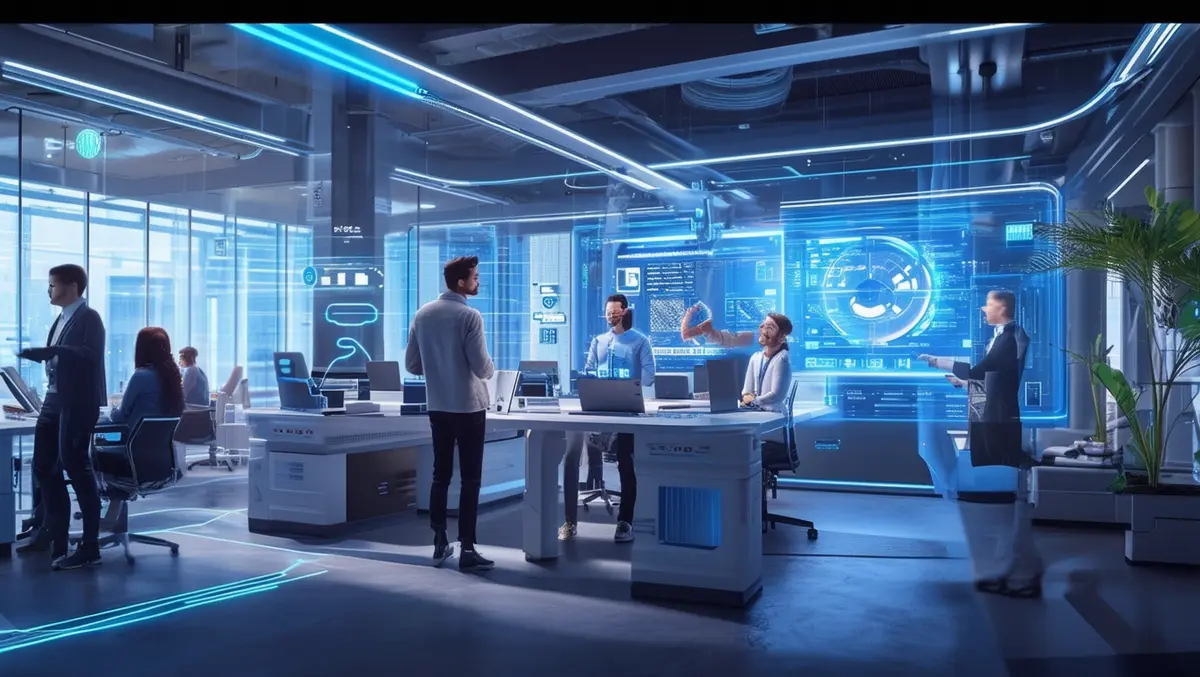
AI may render traditional IT helpdesks obsolete by 2027
New research from Nexthink suggests that the traditional IT helpdesk may become obsolete by 2027 due to advancements in artificial intelligence (AI) and automation technologies. The study, "The Death (and Rebirth) of the Service Desk," surveyed 1,000 IT support workers and revealed a strong belief that the current model of IT service desks will evolve significantly. According to the findings, 79% of respondents believe that the familiar structure of IT service desks will be unrecognisable within three years, with 77% indicating that new technologies might render them redundant.
The research highlights challenges faced by IT departments in managing increasingly complex enterprise IT environments. A substantial 87% of participants noted that incident response is no longer economically viable unless helpdesks adopt significant proactive capabilities. However, the future remains uncertain as IT workers express mixed feelings about upcoming changes. While nearly all respondents (96%) are optimistic about the role of AI and automation in transforming end-user computing, 68% are concerned about how these changes might affect their career prospects.
The study underscores the importance of improving proactive IT incident management. An overwhelming majority (96%) prioritised enhancing the proactive identification and resolution of IT incidents, while 95% indicated that their departments are currently aiming to become more proactive. Furthermore, 96% agreed that a proactive approach to IT incidents could safeguard organisational productivity and redefine the service desk's function.
Nexthink's Chief Strategy Officer, Yassine Zaied, commented on the implications of these findings. "The ultimate value of any technology is how well it enables people to do their jobs and how it impacts overall company productivity," he said. "Right now, businesses are spending billions on digital transformation yet seeing mixed results at best. Whether it's underperforming devices, failed adoption projects, or botched migrations, business efficiency is constantly being halted by poor digital experiences. IT is going to be the nexus for all productivity enablement moving forward, and this research shows that IT workers are already looking to make that transition. The only question is whether executives will provide the resources investment needed to support them in this journey."
The research indicates that IT roles are expected to evolve rather than diminish. A significant 92% of IT workers anticipated the service desk transitioning into an "experience desk," driven by technological advancements. For this transformation, understanding the employee experience (58%), acquiring generative AI skills (57%), and delivering tech training (53%) were considered crucial upskilling areas.
Despite optimism toward a new form of helpdesk, challenges remain in its implementation. A considerable 76% of IT staff believe employees show resistance to self-servicing IT solutions. In addition, concerns about insufficient training (75%) and resistance to change (74%) are perceived as hindrances to digital tool adoption.
Zaied further commented on the need for a broader view of workplace efficiency. "Efficiency isn't merely a technical problem; it's about the day-to-day human experience," he explained. "Simply trying to fix problems as they arise means playing a losing game of whack-a-mole. Instead, organizations need to take a holistic approach to employees' digital experience by building better functioning environments that can improve productivity, rather than impeding it."
.webp)

